Slowly, although not imperceptibly, short-form internetcontenthas become not only the norm, but in many ways a dominant method of how people consume anything from memes to news and even music. Recently, this has led to a growing awareness of seemingly mindless, repetitive posts and trends that some call “brain rot.”
TikToker and brand strategistEugene Healeywent viral for his theorizing that we will move towards a post-brain rot era of content. If some of those words seem confusing, don’t worry, we’ll get you up to speed.We reached out to Eugene via email and will update the article when he gets back to us.More info:TikTok
RELATED:
If you scroll long enough on TikTok, YouTube shorts or IG’s reels, you’ve probably seen a lot of repetitive, low effort content
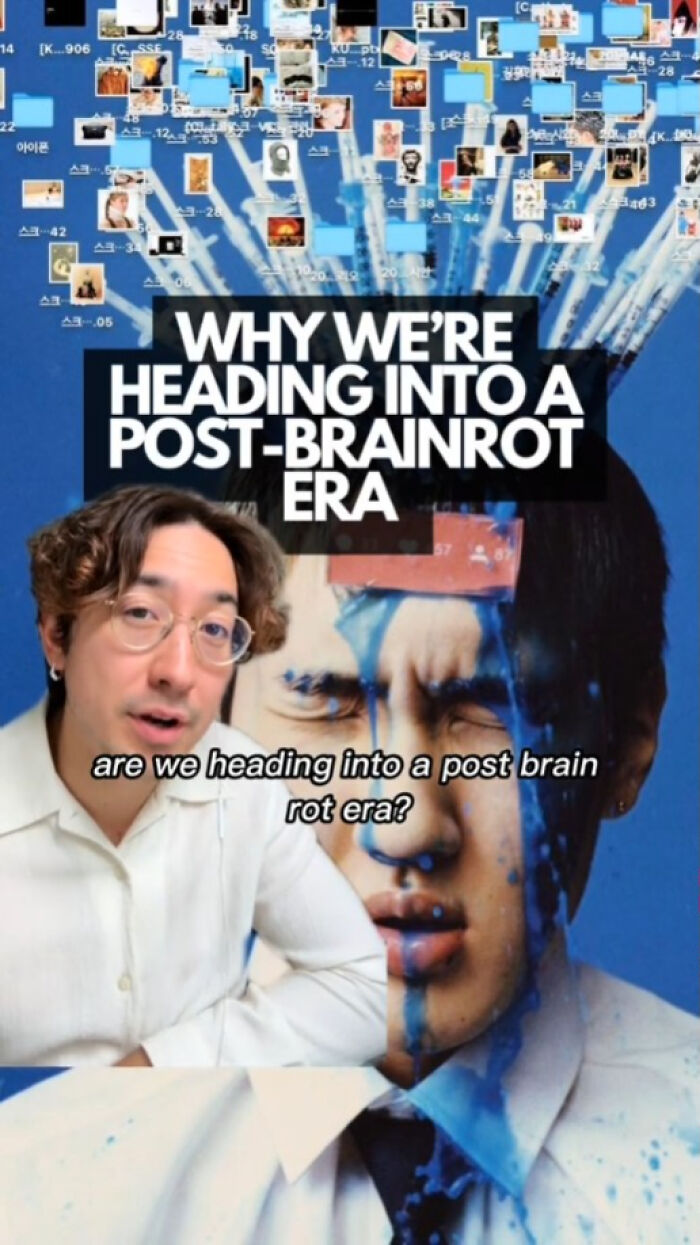
Image credits:eugbrandstrat
A brand strategist recently went viral for his theory that social media consumption trends are shifting
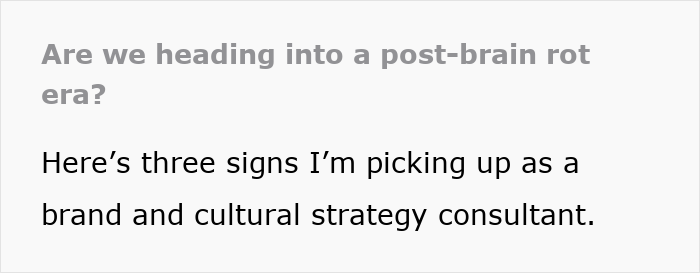
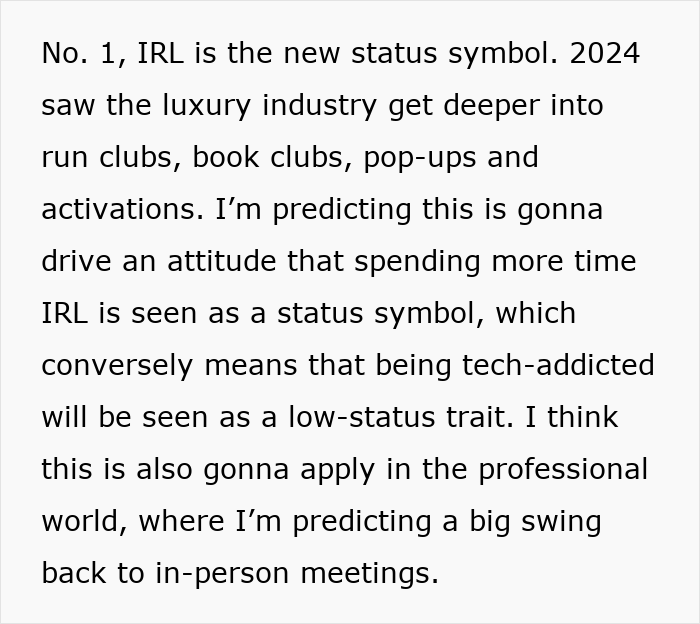

Image credits:javi_indy / freepik (not the actual photo)
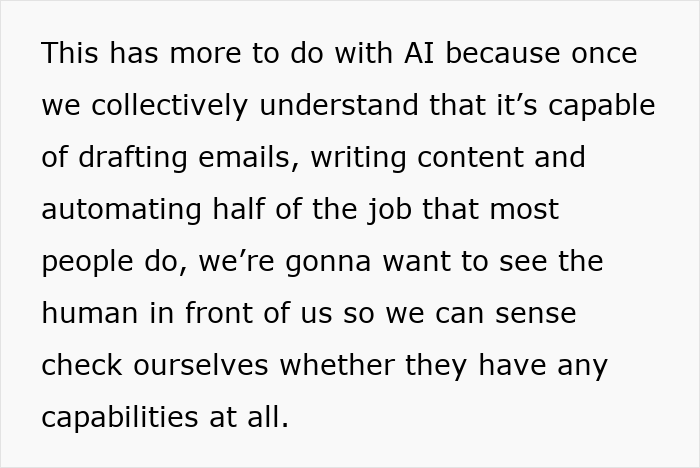
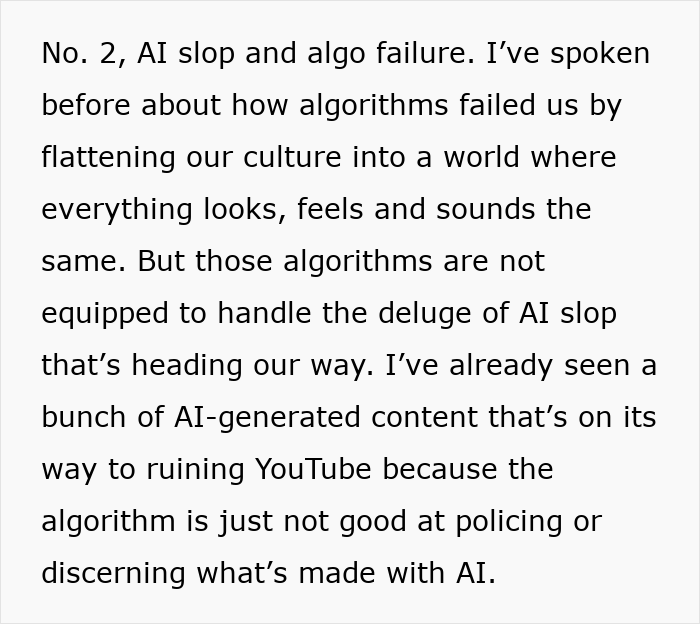
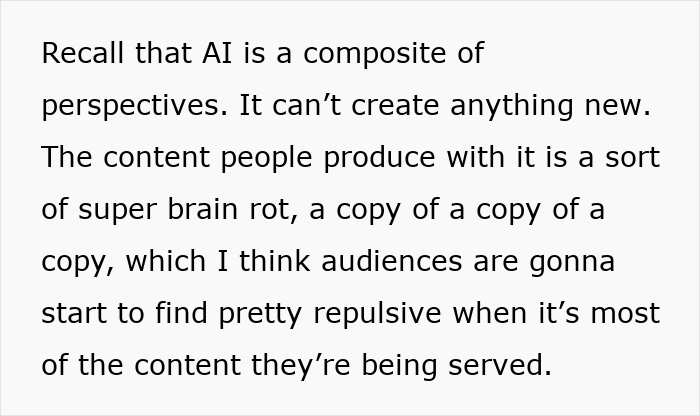

Image credits:freepik (not the actual photo)
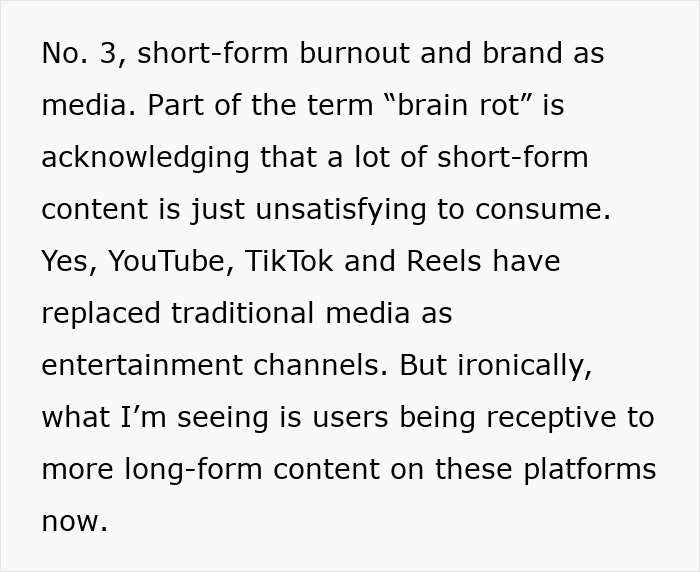
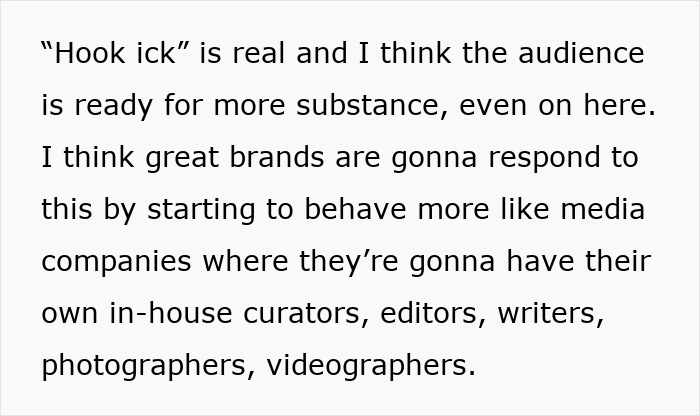
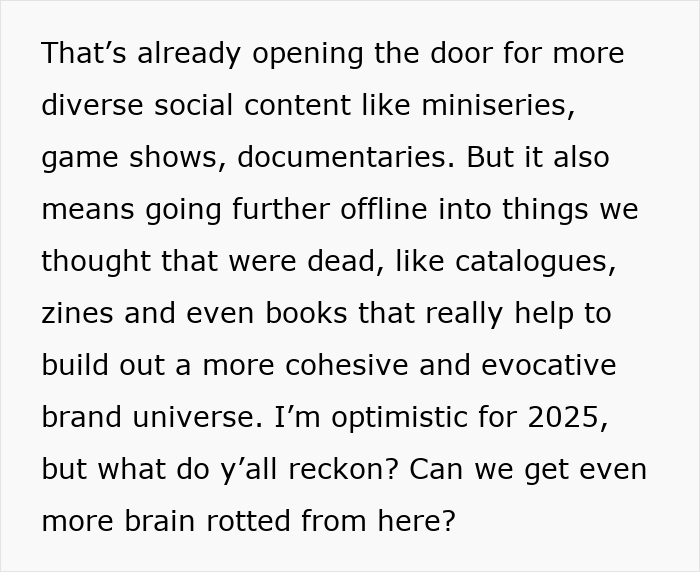
You can watch the full video here
First, a few definitions

Image credits:EyeEm / freepik (not the actual photo)
First and foremost, if you are unaware what “brain rot” refers to, congratulations! This is sort of like winning a cognitive lottery. In short, there is (or was, according to Eugene Healey) a growing trend in short formcontentthat was low effort, low value and, often, mentally tiring. While it can be hard to pinpoint exactly what makes something “brain rot” versus just simple, it tends to have little to no intellection value, has repetitive music or sounds and are often linked to a current trend in Gen Z or Gen Aslang.
Now, low-quality content has been around a lot longer than TikTok or its competitors, so it begs the question, why is “brain rot” as a concept only being so widely discussed now. It was named the OxfordWord of the Yearin 2024, which is certainly going to be a fun fact in trivia competitions for the next few decades.
However, if we take a look at the actual consumption habits of most users in general and younger users in particular, it’s easy to see how this sort of video format ends up being so prolific. In the past, you would scroll your “feed” on, say, Facebook or Twitter (now X) and when you got to the end, you would stop. However, now that there is truly so much content out there that the more “modern” approach is to have a feed one can, in theory, scroll through forever.
It’s worth noting that the person reportedly behind the concept and technology of the “infinite/endless scroll,” entrepreneur Aza Raskin regretted this design choice,sayingthat it was “one of the first products designed to not simply help a user, but to deliberately keep them online for aslong as possible“.
Mindlessly scrolling short video content is generally not great for your mental health

Even though lockdown has been lifted for awhile now, many people still reflexively lose hours every day just scrolling hundreds of videos, hoping for that one little hit of dopamine. This comes with its ownslew of issuesfrom anxiety to depression, but the main point here is that there are or at least have been a large segment of viewers conditioned to just sit and scroll no matter what shows up on their screen.
At some point, you will be scrolling through content faster than folks can make it, so it’s not surprising that most of the as of yet unviewed videos will be ones that probably took people mere minutes to make. After enough exposure to “brain rot,” people start to internalize the vocabulary, which then trickles into their everydayspeech.
Despite what the slew ofAI punditswould have you believe, people don’t just want one thing. There will be viewers for AI content (or “slop” as some call it) but most real people won’t just consume this one type of video day in and day out. The simplicity of brain rot content might end up working against generative AI which can only mix the bits of data it has. At some point, it will run out of ingredients.
Many readers agreed, sharing how their consumption patterns have changed
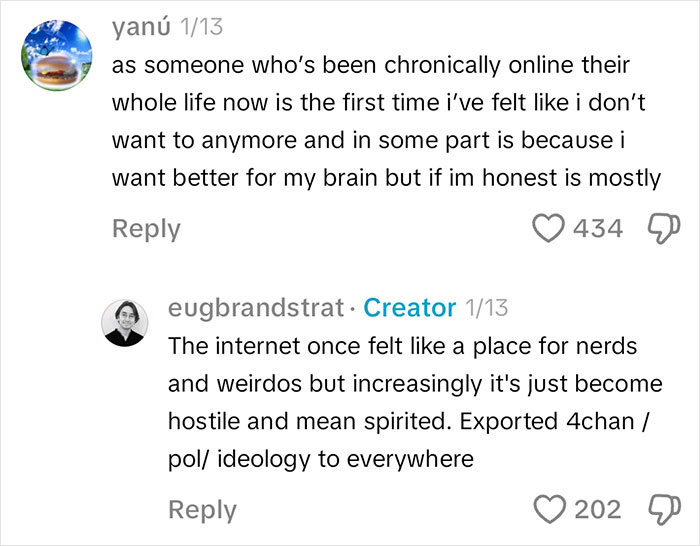
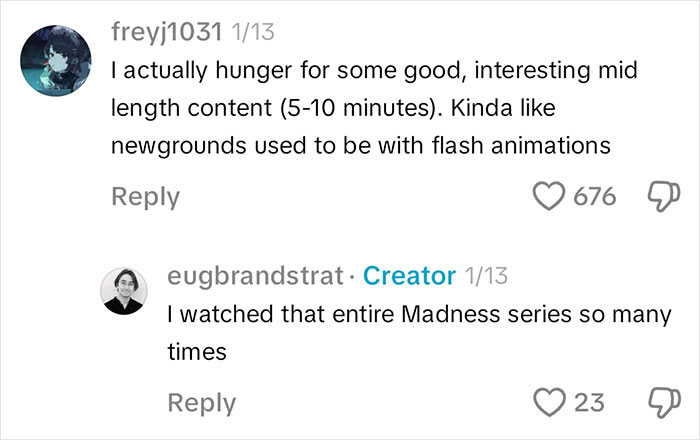



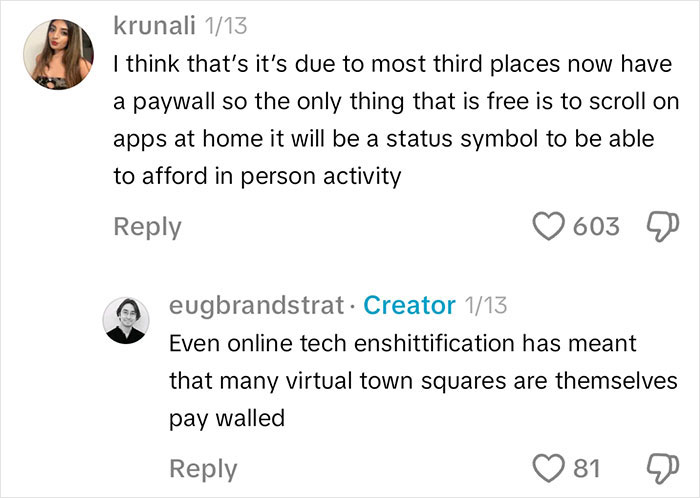




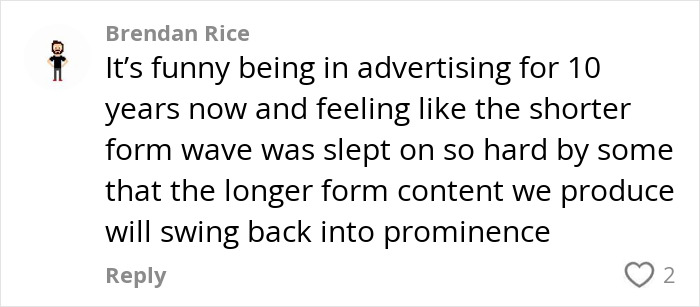
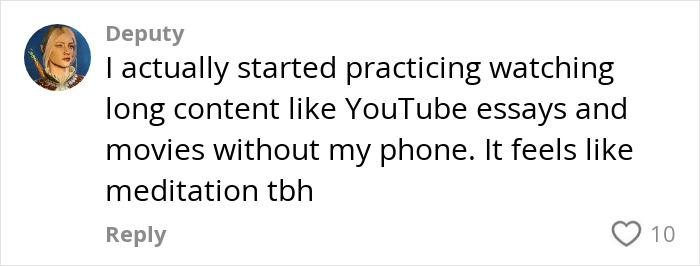





Others disagreed with both his definitions and even key arguments
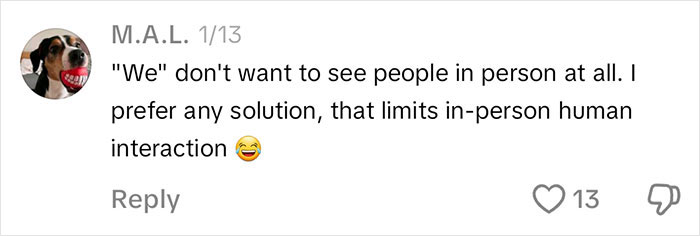
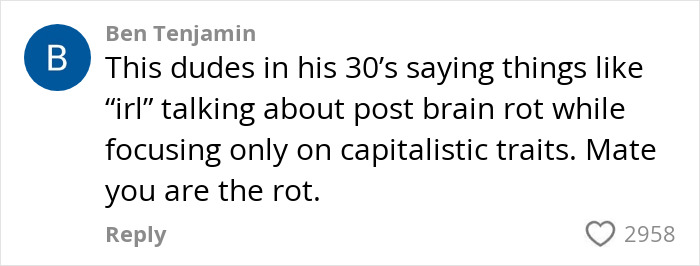



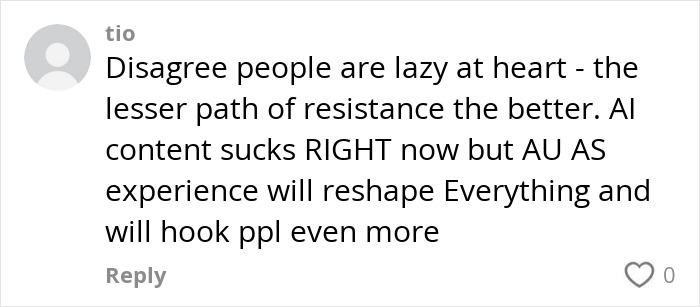
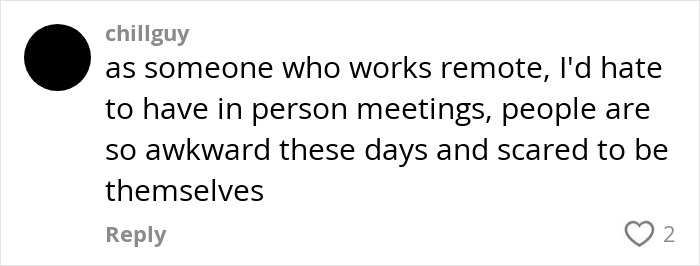


Thanks! Check out the results:You May Like40 Uncomfortably Funny Pics That Sum Up The American ExperienceGabija SaveiskyteGuy Works 50+ Hours/Week Only For His Successor To Automate Everything And Have Nothing To DoIndrė Lukošiūtė30 Disturbing Anti-Capitalism Posts That Hit Too Close To HomeIndrė Lukošiūtė
Gabija Saveiskyte
Indrė Lukošiūtė
Work & Money